How to Make Google Chrome Faster
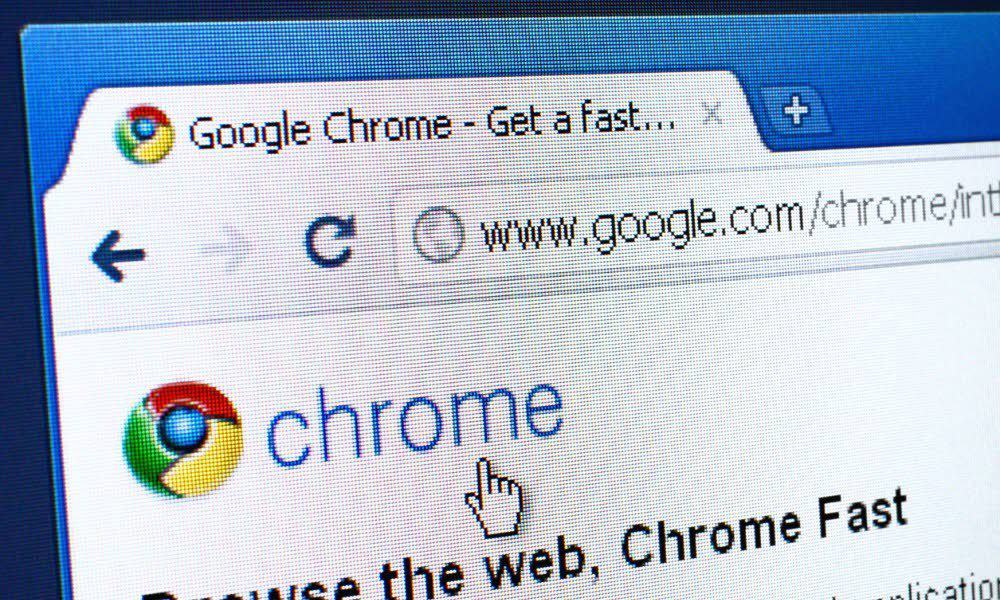
Google Chrome is a fast (but easily bloated) web browser. If it’s slowing down for you, here are some tips to help you make Google Chrome run faster.
Google Chrome is the most popular web browser for PC users. When you install Chrome, especially on a new computer, the performance will be fast and responsive—perfect for your browsing needs.
Unfortunately, after time, Google Chrome can slow down and drain your system resources. Tabs are slow to load or will crash entirely.
If that happens, you’ll want to know how to make Google Chrome faster. Luckily, here are some tweaks you can try to speed up your browser performance and get the most out of Chrome.
How to Make Google Chrome Faster
You can do several things to make Chrome faster, from basic actions to more in-depth tweaks. We’ll look at some different steps to get the best performance from Google Chrome below.
1. Update Google Chrome
The first and most crucial step for improving browser speed is to keep Chrome up to date.
- To update Chrome, launch the Chrome browser and click the three-dot button in the upper-right corner.
- When the menu appears, go to Help > About Google Chrome.

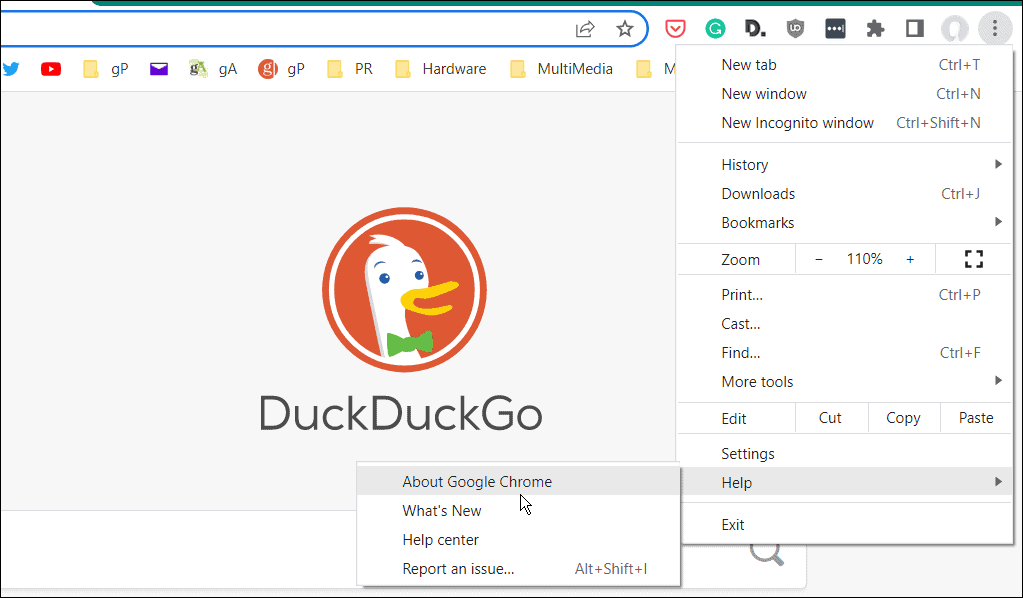
- That will bring you to the About Chrome settings page. The browser will check for an update, and if one is available, it shows you the version and display a Relaunch button to update.

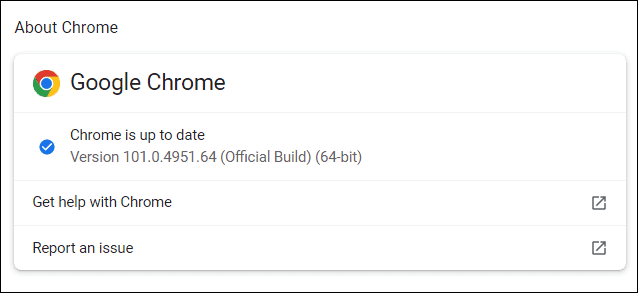
After Chrome restarts, you’ll have the latest updates, including any performance tweaks in the update.
2. Disable or Uninstall Chrome Extensions
You can extend Chrome’s functionality by installing third-party add-ons (called extensions).
Using too many add-ons? Your browser is probably going to slow down. If this happens, disable or remove any unnecessary Chrome extensions from your browser.
If you’re unsure which extensions to remove, you can check f0r resource-hogging extensions with Chrome’s task manager utility. To do this, open Chrome and press the three-dot menu icon > More tools > Task manager to do this.
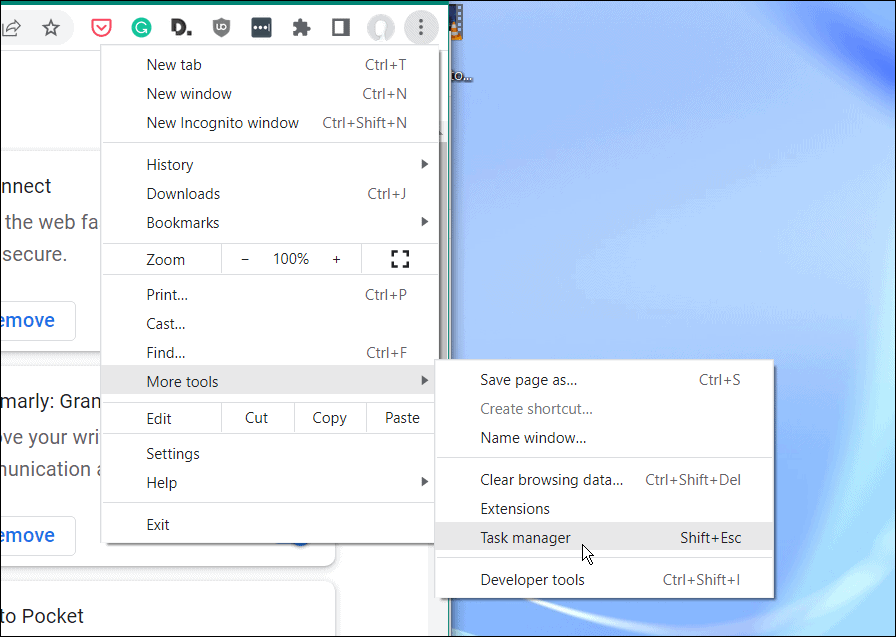

To remove unneeded extensions from Chrome:
- Launch Chrome.
- In the address bar, type chrome://extensions and press Enter.

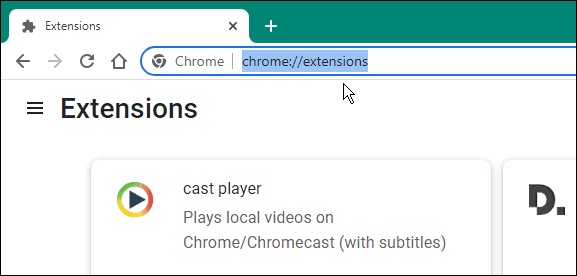
- In the Extensions menu, toggle the slider next to any unused extensions to disable them.

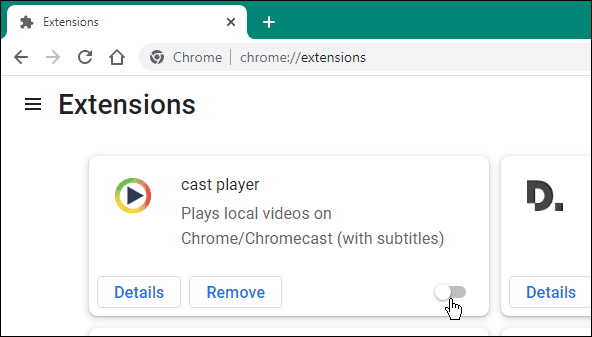
- To uninstall an extension, click Remove > Remove.


3. Remove Cookies and Cache
Chrome does an excellent job storing your browsing history, cookies, cache data, images, and other files. This can be a good thing while browsing—it allows sites you visit often to load quickly.
If your cache files become too large, however, your browser can start to slow down. You might want to clear your cookies and cache files manually from time to time.
To clear history and cookies in Chrome, do the following:
- Press the three-dots menu icon (top-right) and press Settings.
- In Settings, press Privacy and security from the panel on the left.


- Under the Privacy and security section, click Clear browsing data.


- When the Clear browsing data window appears, click on Advanced.
- Scroll through and check the items you want to remove.
- Select the Time range dropdown menu and choose the range of time to clear data—you can select from 24 hours to All time.
- Click the Clear data button.


4. Use Fewer Tabs
Browser tabs allow you to open many websites in a single browser window. Each open tab in Chrome (and other browsers) has its own running process on your PC which can tax your system resources.
If this happens, start to use fewer tabs during a normal browsing session. You should also close tabs you’re not using if your PC starts to slow down.
Closing an open tab is straightforward in Chrome—right-click the tab and select Close from the menu. You can also close all other tabs (except the tab you’re on) or close all tabs to the right of the selected tab.
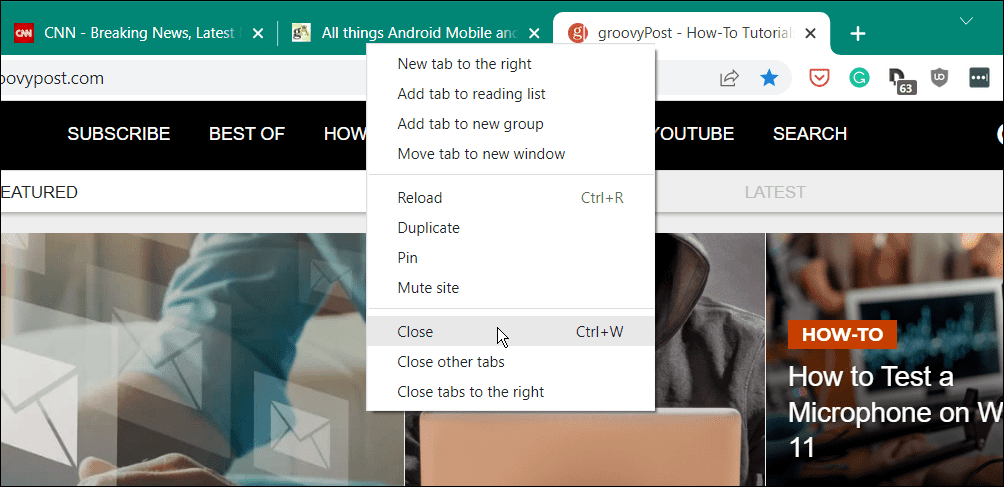

For help with tab management, you might want to try a lightweight extension like Session Buddy or Tabby.
5. Block Websites that Display Intrusive Ads
Stuck with ads that slow down your web browser? Advertisements (especially video ads) can be a major cause for Chrome slowing down. A good way to stop this is to block websites that display intrusive ads (including ads that contain malware) in your browser.
To block websites in Chrome that display intrusive ads:
- Open Chrome and go to Settings > Privacy and security.


- Under the Privacy and security section, click the Site Settings option.


- Scroll down and click to expand the Additional content settings section.

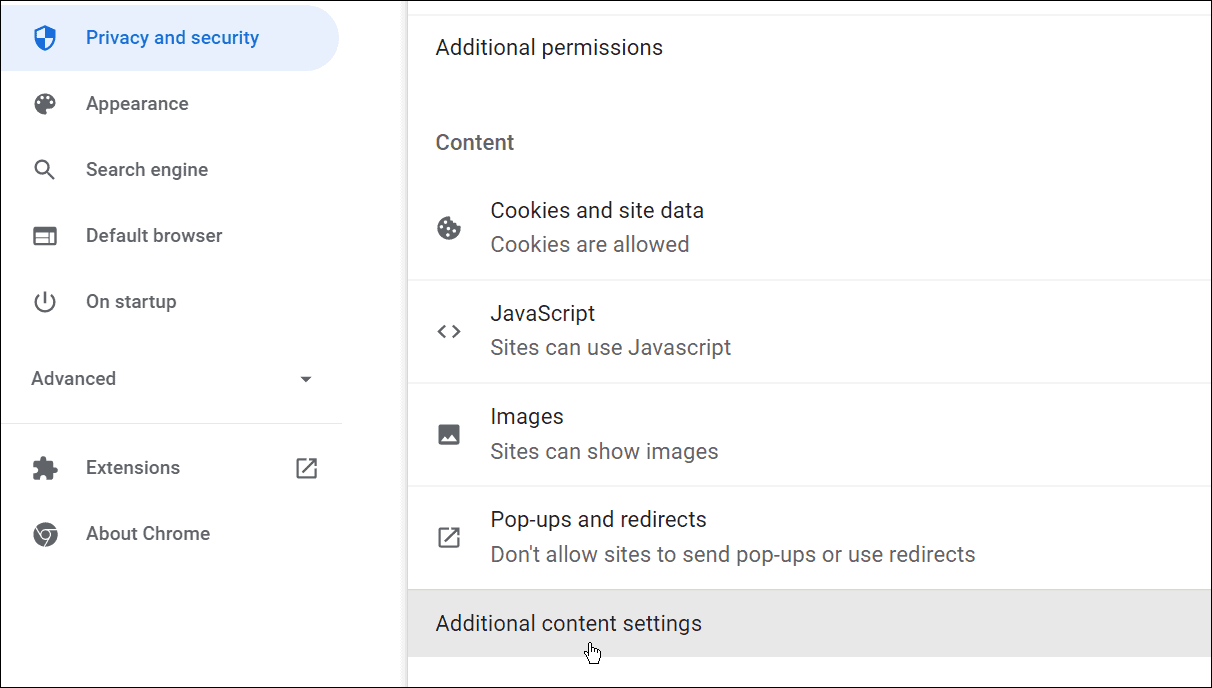
- Click on the Ads option.


- Make sure the Block ads on sites that show intrusive or misleading ads option is selected.

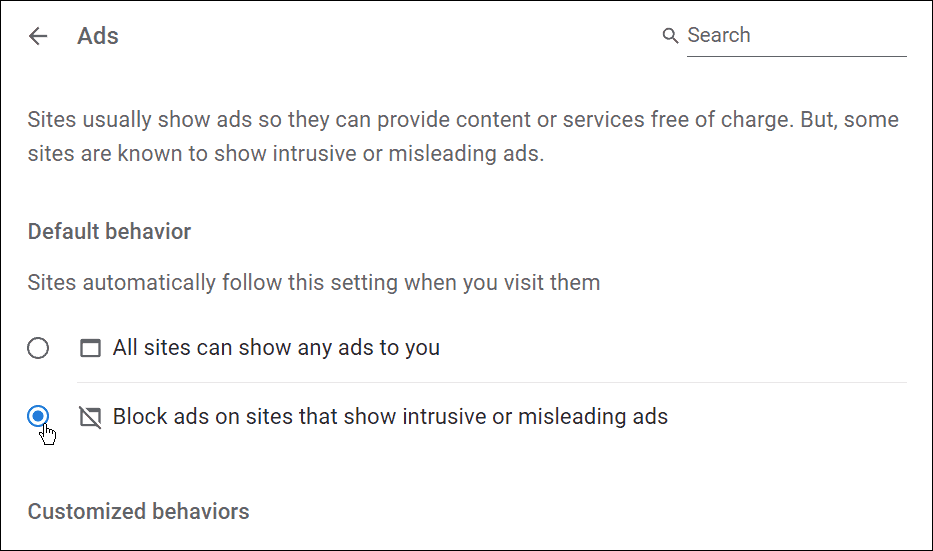
6. Scan for Malware
If Chrome is loading slow and you’re receiving tons of pop-up ads, it’s a good idea to run a malware scan. Windows 10 and Windows 11 both include built-in malware and virus protection.
However, you’ll want to ensure Windows Security is set for maximum protection. You’ll also want to run regular virus scans, especially if you’re having problems with Chrome.
To run a scan with Windows Security:
- Open Start, type windows security, and choose the top result.

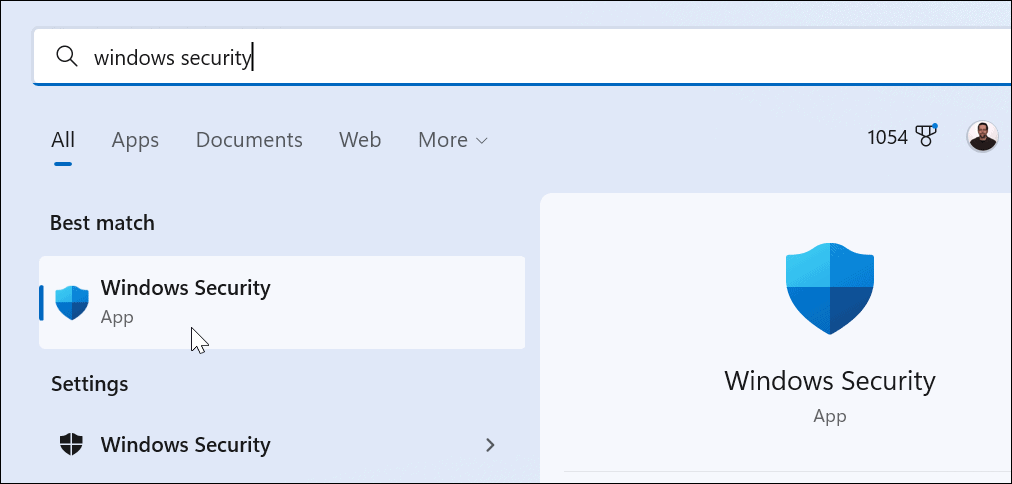
- When the Security at a glance window comes up, click the Virus & threat protection option.

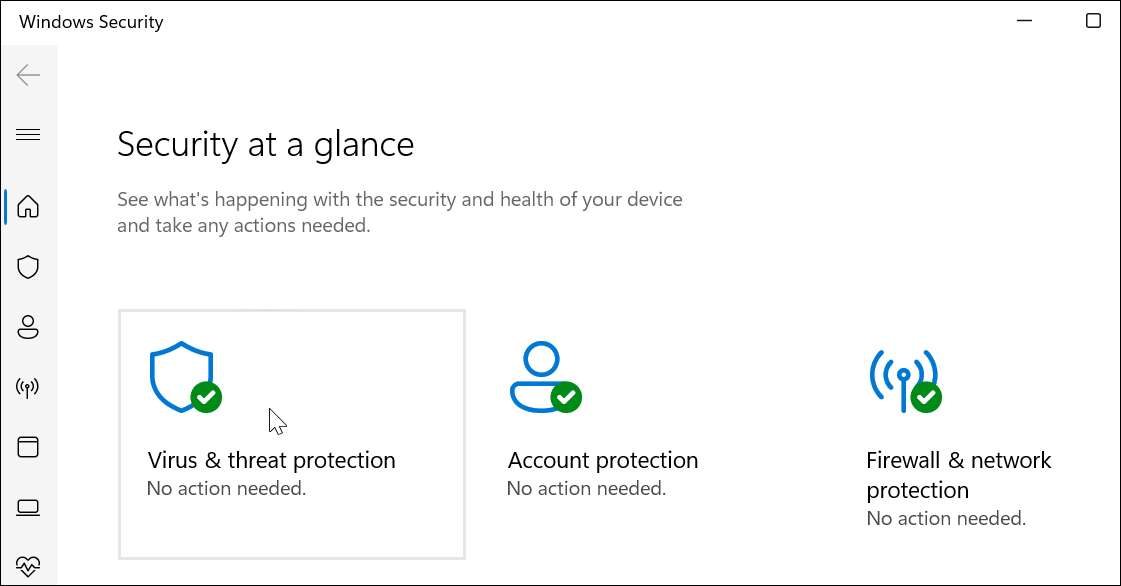
- Next, click the Quick scan button to check folders and other locations where malicious code is usually found.


- Click the Scan options link under the Quick scan button if you still have issues—choose a deeper scan option and press Scan Now.

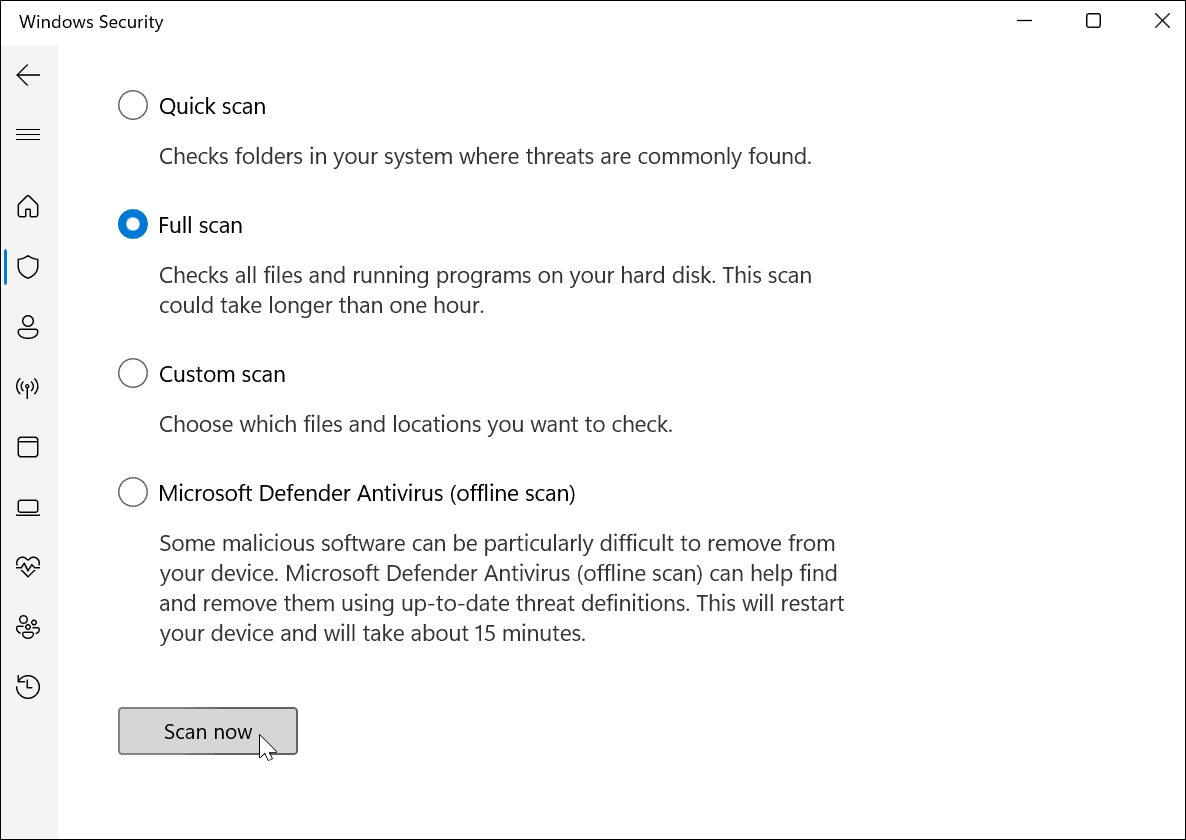
Windows Security will scan your PC in real-time. It does a great job detecting malware, but nothing is 100 percent. If you want a second opinion, scan with a trusted, free security suite like AVG AntiVirus.
7. Reset Google Chrome
Chrome should be fast out of the box. If you’re still struggling to fix your browser, you might want to consider resetting Google Chrome before you consider more drastic options.
Resetting Chrome will reset your search engine, settings, and shortcuts. It’ll also disable any extensions, as well as empty your cookies and cache files. Your bookmarks, history, and saved passwords will remain intact.
To reset Google Chrome:
- Use the three-dot menu icon (top-right) to open the Settings menu.
- In Settings, click Advanced.
- Select the Reset and clean up option on the left.

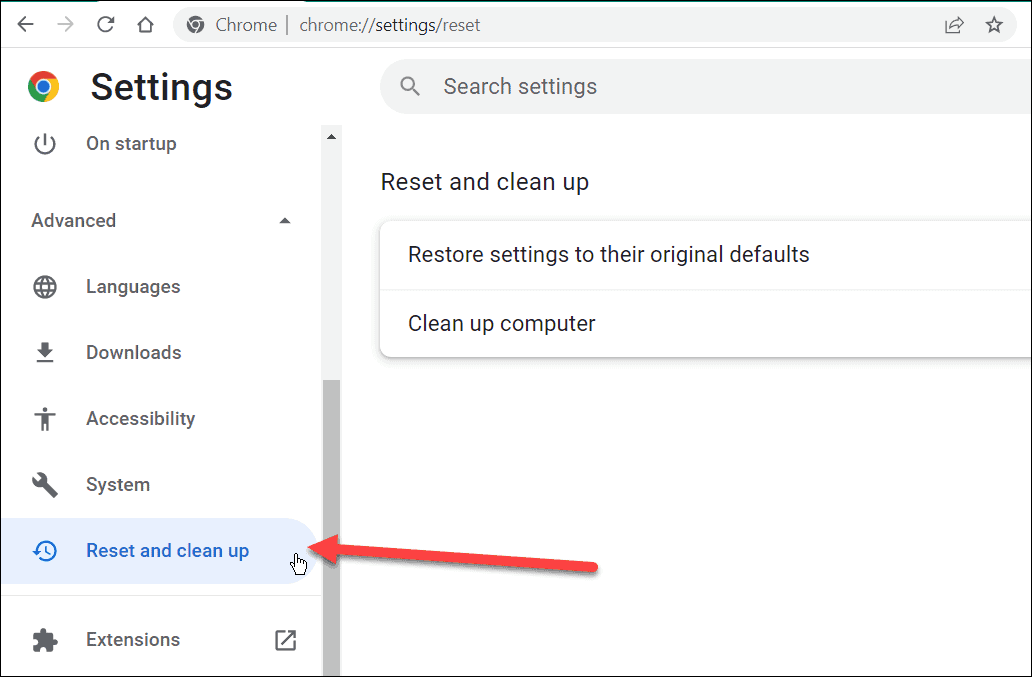
- Now, click the Restore settings to their original defaults option from the menu.

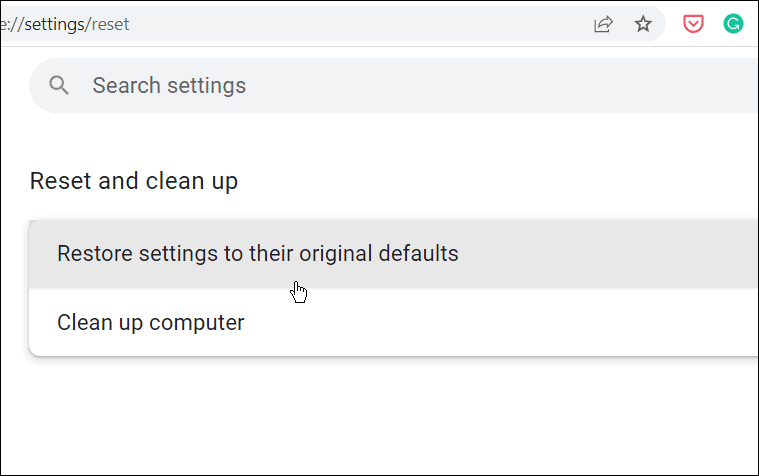
- A Reset settings verification screen will appear to let you know what a reset does. If you’re okay with this, click the Reset settings button.

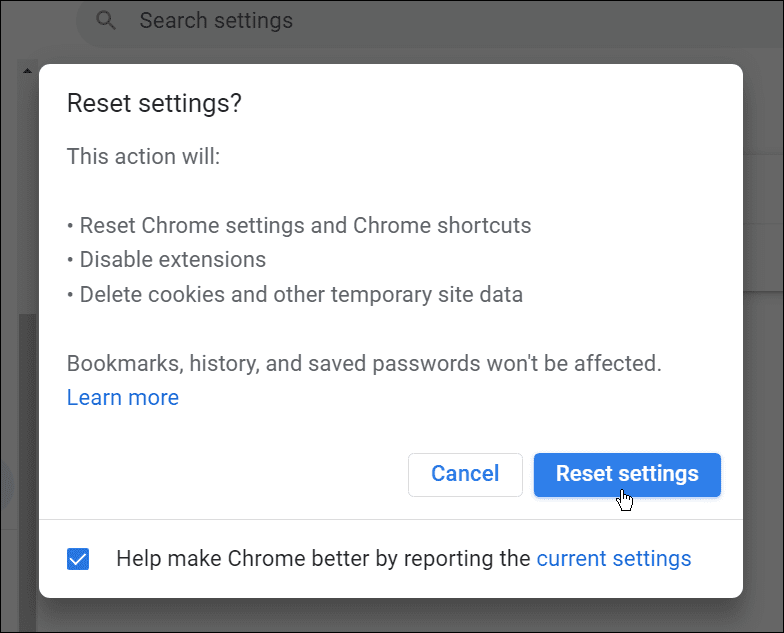
- Chrome shouldn’t need to restart. If you want to manually restart Chrome, you’ll see the Google Chrome home page—use the Ctrl + Shift + T keyboard shortcut to restore your previously opened tabs.
8. Reinstall Chrome
If you’re still not happy with the speed of Chrome, you can get a fresh start by reinstalling it on your computer.
To remove and reinstall Chrome on Windows:
- Open the Start menu and select Settings.
- In Settings, press Apps > Apps & features and search from Chrome.
- Click the Google Chrome entry and click Uninstall > Uninstall.


- After it uninstalls, use another browser (Edge by default on Windows) and download the latest version of Google Chrome.
After reinstalling Chrome, you should notice a speed improvement.
Improving Google Chrome Speed
Chrome can use up a lot of RAM and other system resources—especially with multiple tabs open. If you’re having trouble, use the steps above to try and make Google Chrome faster on your PC.
New to Chrome? You might want to consider customizing your browser once you’ve sorted any slowdown issues. For example, consider adding keyboard shortcuts to Chrome bookmarks or think about adding custom search engines. You can also use Chrome to search for specific words on a web page.
Leave a Reply
Leave a Reply




